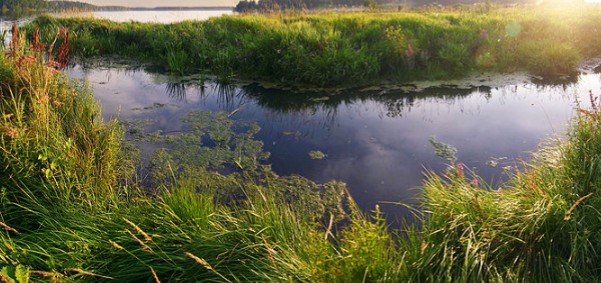Following the delay by the Environmental Management Agency (EMA) to formally announce progress on a new national policy to protect wetlands and ecosystems, the Manyame Conversation Trust – a conservational mouthpiece that advocates the preservation of water sources, said it supports the Government’s new policy on wetlands but at the same time is worried about the later’s slow pace to communicate the developments to the public and other relevant stakeholders.
In a letter dated 23 February 2021 directed to EMA Director-General, Aaron Chigona by Manyame Conversation Trust Chairperson, Linah Matenda, it was revealed that the policy alludes to the fact that Zimbabwe’s wetlands basins have to be remapped to ensure conservation and monitoring. Matenda complained that it seemed as if EMA was becoming a bit reluctant in making the progress known by other members of the community.
“Following the pronouncement by the President on wetlands this year,the Environmental Management Agency adopted a new National Wetlands Policy for the protection of these sensitive ecosystems.
“This prompted the remapping of Zimbabwe’s wetland basins for their management and monitoring.Since the announcement and publication of the policy no update on mapping progress has been formally announced,” said Matenda.
Giving reference to a meeting held on 20 February on Zimbabwe National Organisation of Associations and Residents Trust (ZNOART)National WhatsApp Discussion Group, Matenda highlighted that a representative from the agency indicated that the mapping process was through.
In line with this, Manyame Trust insisted that it was crucial for EMA to include communities in the process of Harare’s wetland maps.
“A respondent from EMA hinted that the mapping of wetlands was complete and some provinces were finalizing their processes, of responding to questions from residents. Our request is that you share with us this final product, but as an interested stakeholder, we felt communities needed to be involved in the generation of such products as Harare’s wetland maps.”
Including communities would go a long way in cultivating attitudes in environmental stewardship and community buy-in while spurring increased residents participation legally and constitutionally.






